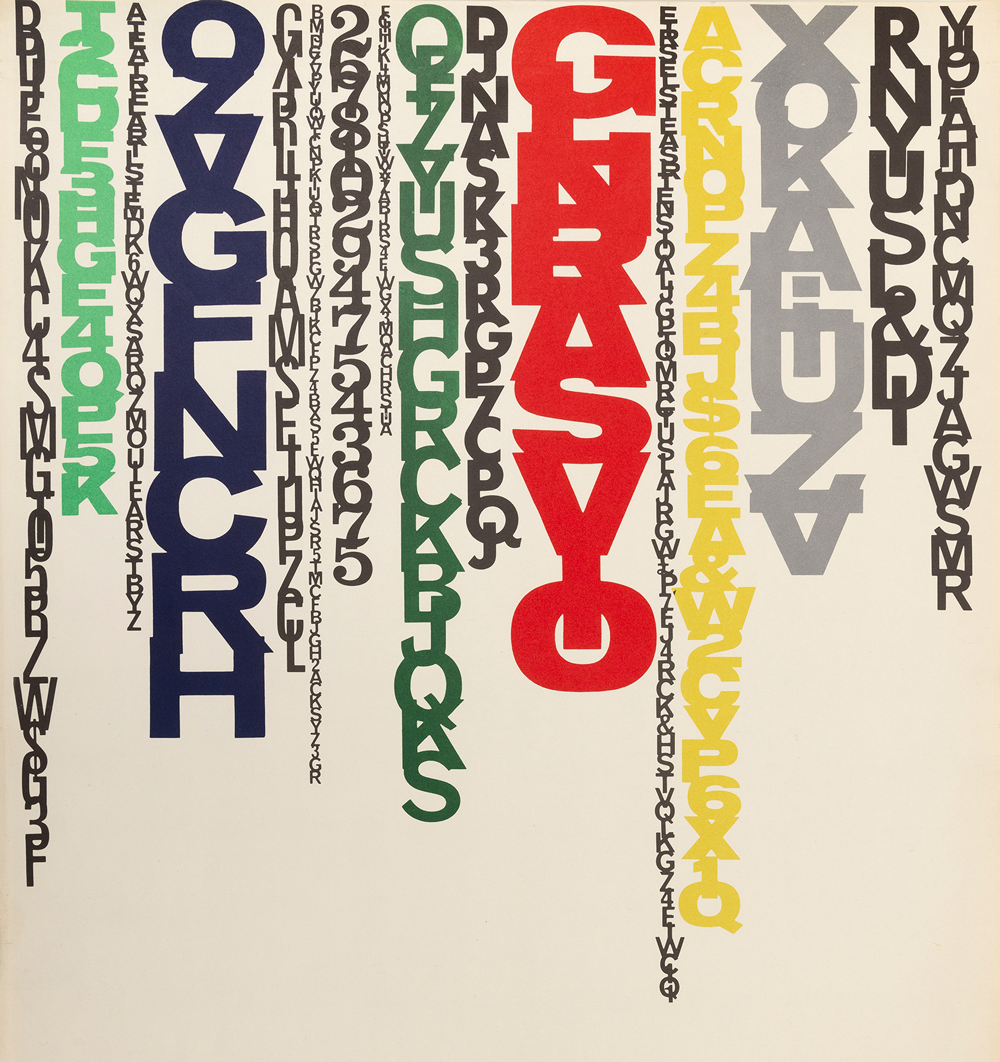Digital Oligarchs and the Control of Truth
The exhibition dedicated to Giovanni Pintori, a master of visual communication and a storyteller capable of transforming industrial objects into style icons, serves as an interesting starting point for reflecting on the dynamics of contemporary communication. Pintori’s talent for synthesizing complex concepts into powerful and immediate images reminds us of how crucial it is to consider the way messages are constructed and disseminated. Just as an advertising poster can make a product memorable, a certain narrative can reinforce or distort the reception of events. This ability to steer perception through visual language finds a troubling parallel today in the strategies adopted by media outlets and social networks, where images and symbols are often used to manipulate consent.
In the contemporary information landscape, the control exerted by large technological and media conglomerates is redefining the boundaries of freedom of expression and the right to truth. In recent months, strategic decisions made by giants like X (formerly Twitter) and Meta, along with direct interventions by influential figures like Jeff Bezos, have raised profound questions about the future of journalism and fact-checking.
Since Elon Musk acquired Twitter, now X, the platform has undergone radical changes that have facilitated the spread of conspiracy theories and far-right content. The reduction in content moderation and the reinstatement of previously banned accounts for inciting hate have contributed to making X a fertile ground for misinformation.
Meta, the parent company of Facebook and Instagram, announced the end of its fact-checking program in the United States. Active since 2016, this program relied on collaboration with independent organizations to verify the accuracy of information spread on its platforms. Its abolition marks a critical shift: the company now leaves the control of misinformation to a system of community notes, allowing users to add context to posts.
At the same time, Jeff Bezos, owner of the Washington Post, has initiated a process of transforming the editorial line of the newspaper after the U.S. elections, steering it toward more explicit support for certain political and social positions. This shift raises thorny issues about the role of private owners in managing news content and their ability to influence public opinion on a global scale.
The information crisis is not an isolated phenomenon. When digital platforms cease to verify content, and newspapers are driven by power dynamics, society as a whole risks losing essential tools to understand the world around it. It becomes crucial, therefore, to promote critical thinking and awareness through the lens of art and cultural debate.
Alessandro Moni

